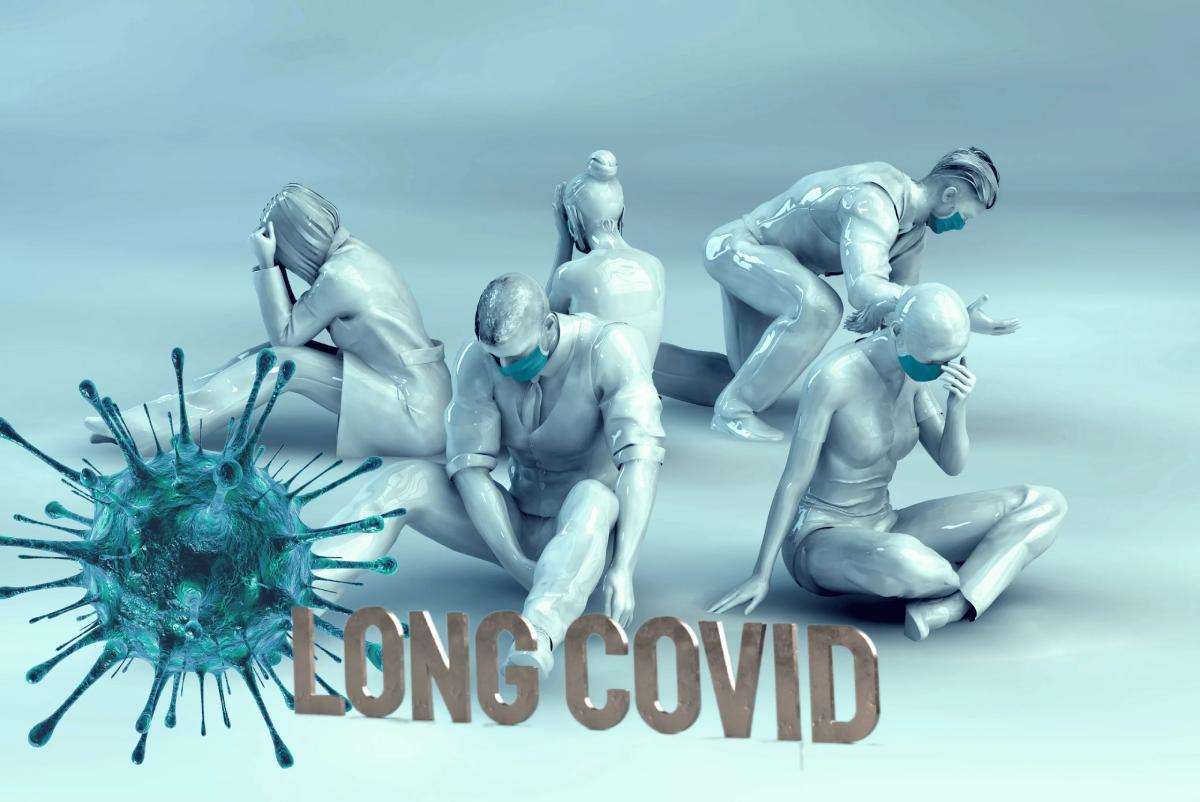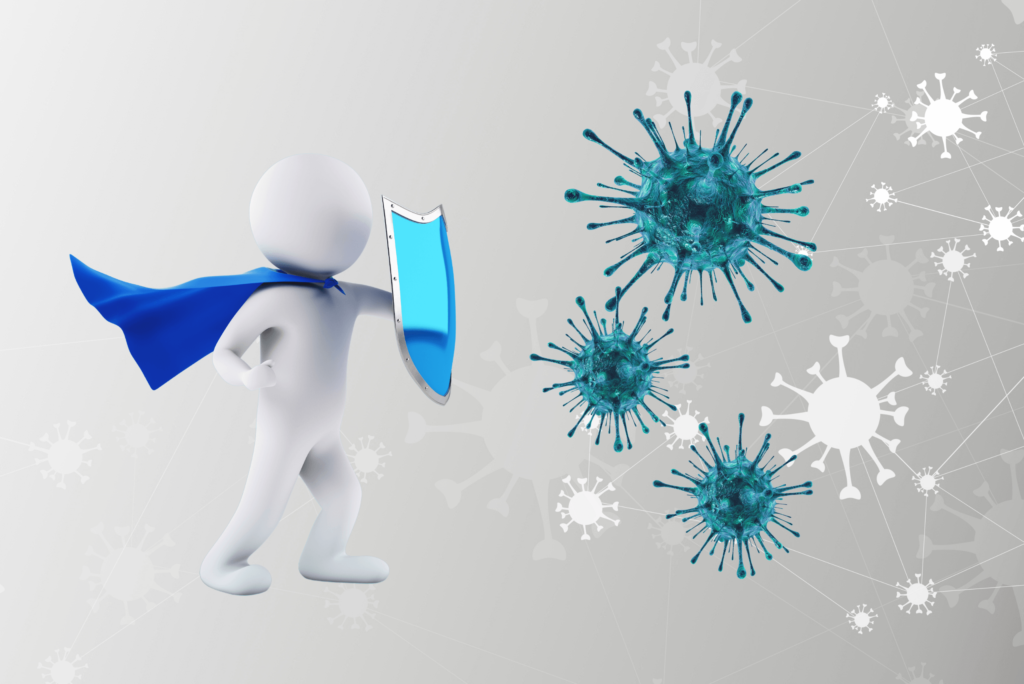
Everything We Know About Long COVID

What’s the cause for concern?
While the effects of long-COVID are seemingly mild, it has raised concerns from health professionals across the world because of the duration it can last for, with no understanding of why or how to cure it.
Despite the millions of people affected around the world, health professionals are only left to speculate that someone continues to experience post COVID-like symptoms for either of the following reasons:
- A small form of the virus remains in the patient’s body
- The patient’s body continues to have a fight or flight response even if the virus is no longer there
There have been numerous studies stating how the effects of long-COVID can take a toll on a person’s way of life, regardless of their age, weight, or underlying health conditions.
“Others can go 9 to 12 months from their infection and still have no signs of improvement,” said Jason Maley, Harvard Medical School instructor in an interview with The Gazette. “They’re exhausted all day long, and they have severe difficulty doing their jobs because of memory and thinking issues, breathing discomfort, and other symptoms”.
Are there factors that increase your risk of developing long-COVID?
One of the biggest mysteries of long-COVID is whether someone is more likely to develop it after initial recovery. Initial studies by Cell found four potential biologically plausible factors that can increase chances of contracting long-COVID:
- High levels of viral RNA in the early stages of infection
- Presence of certain autoantibodies
- Reactivation of Epstein-Barr virus
- Type 2 diabetes
The study also found that of the patients who experienced more than three symptoms of long-COVID, 95% had one or more of the biological factors mentioned above.
Moreover, it also found that the presence of certain autoantibodies was the most influential factor, affecting more than two-thirds of the patients.
The good news is, most factors are treatable. For people who experience high levels of viral RNA, giving them antivirals soon after diagnosis may help prevent long-term symptoms. For a high presence of autoantibodies, the effects will wane over time.
In cases where there is a reactivation of the Epstein-Barr virus, Dr. Steven Deeks, a professor of medicine at the University of California, San Francisco, said that it might be possible to give antivirals or immunotherapy to treat patients.
How do you manage long-COVID symptoms?
Managing long-COVID symptoms can be difficult, especially with the wide range of symptoms and limited information available.
The most prevalent symptoms of patients with long-COVID after a one-year follow up were:
- Muscle fatigue
- Dyspnoea (difficulty breathing)
- Arthromyalgia (muscular pain associated with a joint)
- Depression
- Anxiety
- Memory loss
- Difficulty concentrating
- Insomnia
Managing the common long-COVID symptoms
Muscle fatigue & Dyspnoea
- Pace yourself when doing different physical activities
- Plan ahead your schedule of activities
- Choose the best time to do certain activities depending on your energy level
- Gradually increase your level of physical activity
* If you’re using a walking aid, lean forward whenever you start to feel breathless
Arthromyalgia
- Do flexibility exercises such as yoga and tai chi
- Perform dynamic exercises such as lunges, sit to stand, and walking
Depression & Anxiety
- Perform deep breathing exercises
- Stick to a consistent sleep schedule
- Connect with your friends and family
- Join support groups
- Stay active
Memory loss & difficulty concentrating
- Write down notes for reminders
- Share your list of medications with your doctor
- Set alarms
- Limit distractions
- Exercise your brain with brain-stimulating activities such as meditation and crossword puzzles
Insomnia
- Stick to a daily routine
- Limit your naps
- Stay active
- Reduce stress
- Use lavender essential oil on your pillow case
- Practice grounding yoga or meditation before bed
- Try listening to sleep hypnosis videos on Youtube, or relaxing hertz frequencies
- Reach out to a a cognitive behavioral therapy specialist
* If the symptoms make it hard for you to live your normal lifestyle, be sure to visit your local physician to discuss appropriate treatment alternatives.
How can you protect yourself from long-COVID?
The easiest solution to protect yourself from long-COVID is to prevent it from happening in the first place. When you receive a COVID-19 vaccine, you decrease any probability of spreading the disease. One study by The Lancet showed that fully vaccinated individuals are 49% less likely to report symptoms of long-COVID.
Another study from Israel compared individuals who received two doses of the vaccine, those who received one dose, those who were unvaccinated, and those who had never been infected. The data suggest that two doses of the vaccine reign in the symptoms of long-COVID, even if another infection is acquired.
With so much still left to uncover about long-COVID, the easiest solution is to get vaccinated. Once you get vaccinated, don’t let your guard down completely. Continue practicing the different safety measures; wear a face mask in mass public gatherings, sanitize your hands frequently, and get tested regularly for SARS-CoV-2 if you start to feel any symptoms.






